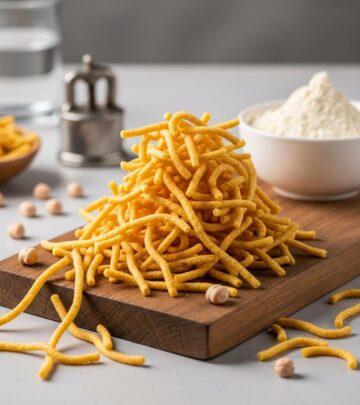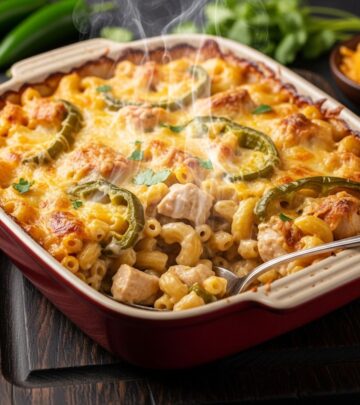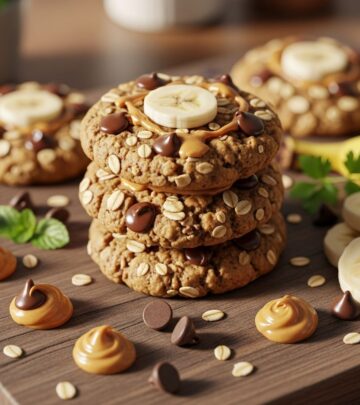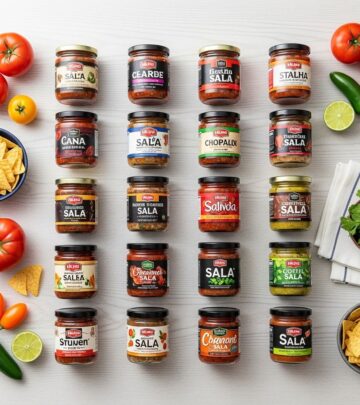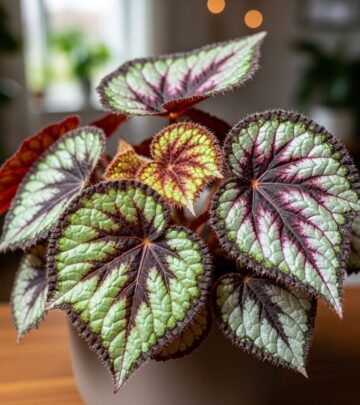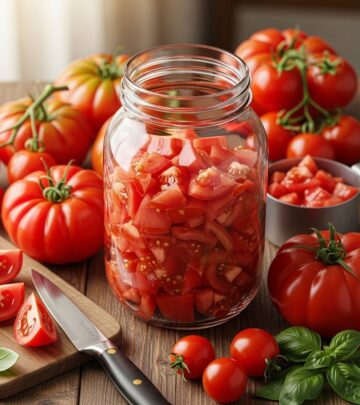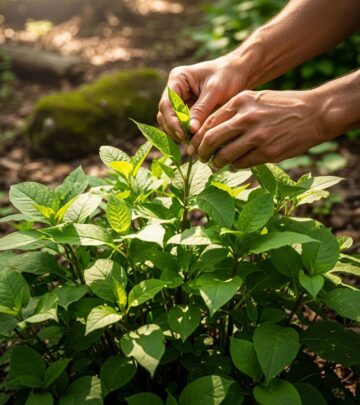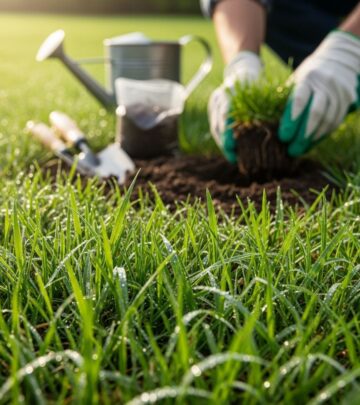Best Fruit Trees For Tennessee: 5 Varieties For Your Backyard
Harness local climate to cultivate a thriving orchard and savor homegrown flavors.
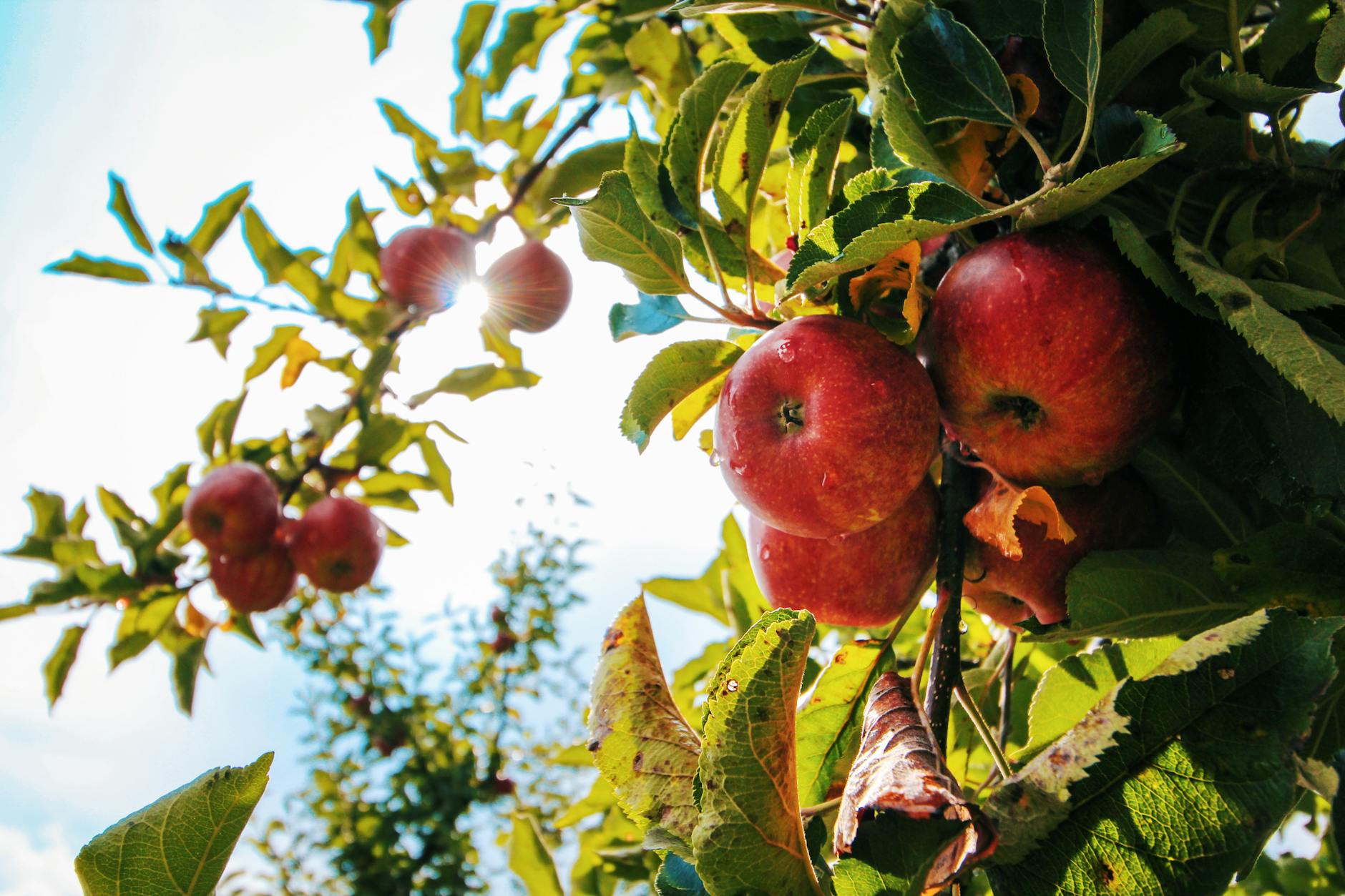
Best Fruit Trees for Tennessee: A Home Gardener’s Complete Guide
If you dream of harvesting juicy, homegrown fruit right from your backyard, Tennessee is one of the best places to do it. With its moderate climate, fertile soils, and the perfect balance between warmth and coolness, Tennessee provides an ideal environment for a variety of fruit trees. This comprehensive guide will introduce you to the best fruit trees for Tennessee, detail their care requirements, and offer expert advice on establishing a thriving, productive orchard.
Why Tennessee Is Ideal for Fruit Trees
Located in USDA zones 5b to 8a, Tennessee experiences enough warmth to encourage fruiting but not so much heat that stress is a constant challenge. Chilling hours needed for many fruit trees are reliably met, yet harsh winter dieback is uncommon. This combination makes Tennessee a fruit gardener’s paradise, where a wide range of fruit trees can be grown successfully—from apples and pears to peaches and figs.
Top Fruit Trees To Grow in Tennessee
Let’s dive into the fruit tree varieties that not only survive—but truly thrive—in Tennessee’s climate. Each species offers unique flavors, uses, and growing requirements, so there’s something for every gardener and table.
- Apple (Malus domestica)
- Pear (Pyrus communis)
- Peach (Prunus persica)
- Fig (Ficus carica)
- Cherry (Prunus avium and Prunus cerasus)
Apple Trees
Apples are a favorite for home gardens in Tennessee, offering spectacular blooms in spring and an abundant crop in late summer or fall. The key to success with apples is selecting the right varieties for your area and ensuring proper pollination.
- Popular Varieties: McIntosh, Fuji, Granny Smith
- Chill Hours: McIntosh needs moderate to high (around 900), Granny Smith is ideal for areas with fewer chill hours (requires only about 400)
- Pollination: Most varieties need cross-pollination, so plant two or more different types with overlapping bloom times. Granny Smith is self-pollinating but produces better with a partner.
- Care Tips: Full sun, well-drained soil, regular pruning for shape and fruit production.
Espalier and Space-Saving Techniques
Many apple trees can be trained as espaliers along fences or walls—a beautiful way to save space and increase sun exposure while adding a design element to your garden.
Pear Trees
Pears flourish in Tennessee’s climate, provided you choose cultivars suited for the region. Like apples, pears benefit from cross-pollination; plant two different varieties for the best yield.
- Best Varieties: Bartlett, Comice
- Pollination Requirement: Planting at least two cultivars together is essential.
- Climate Tolerance: Cool to moderate areas perform best; pears are generally hardy to late spring frosts.
- Fruit Uses: Firm, great for eating fresh, baking, or preserving.
- Care Tips: Regular water, well-drained soil, and annual pruning to maintain shape and health.
Peach Trees
Peaches bring a taste of summer and grow exceedingly well in Tennessee’s warmer regions. Unlike apples and pears, many peach varieties can bear fruit within one to two years of planting—a quick payoff for gardeners!
- Recommended Varieties: Belle of Georgia, Redhaven
- Site Selection: Full sun, shelter from wind, well-drained soil. Spacing of 15–20 feet between trees is ideal.
- Chill Hours: Most peaches need moderate chill—check variety specifics against your local conditions.
- Advantages: Quick to bear fruit, luscious flavor, excellent for fresh eating and desserts.
- Care Tips: Water regularly, mulch to conserve moisture, prune to invite air flow and sunlight.
Fig Trees
For those seeking something a little different (and nearly maintenance-free), fig trees—especially hardy varieties like Celeste and Hardy Chicago—are a fantastic choice.
- Suitable Varieties: Celeste, Hardy Chicago
- Watering: Figs have shallow roots and need frequent watering; mulch helps retain moisture.
- Pest and Disease Resistance: Generally low maintenance and resilient against common orchard pests.
- Harvest: Sweet, soft fruit enjoyed fresh or dried.
Cherry Trees
Cherries add brilliant color, flavor, and ornamental beauty to Tennessee gardens. Bing and Montmorency are proven performers in the state. Cherries typically need both cross-pollination partners and protection from birds, who love ripe fruit just as much as gardeners.
- Best Varieties: Bing (sweet), Montmorency (tart)
- Sunlight: Full sun, protection from harsh afternoon rays in hot areas.
- Care: Well-drained soil, regular watering, netting to prevent bird damage.
Climate Considerations and Orchard Planning
When planting fruit trees in Tennessee, carefully match your species to your local USDA hardness zone:
| Fruit Tree | Ideal USDA Zones | Pollination Needs | Special Notes |
|---|---|---|---|
| Apple | 5b–8a | Cross-pollinate (except some self-fertile types) | Great for espalier, wide variety choice |
| Pear | 5b–8a | Cross-pollinate | Cold hardy, versatile kitchen use |
| Peach | 6–8 | Self-fertile | Bears fruit quickly |
| Fig | 6–8 | Self-fertile | Low maintenance, drought tolerant when established |
| Cherry | 5b–8a | Cross-pollination often required | Bird protection needed |
Essential Tips for Planting and Caring for Tennessee Fruit Trees
- Site Selection: Choose locations with full sun exposure (minimum 6 hours a day) and well-drained soil to prevent root rot.
- Soil Preparation: Test your soil pH (most fruit trees prefer 6.0–7.0). Amend with compost or organic matter as needed.
- Spacing: Give each tree enough room to grow—typically 15–20 feet apart. Dwarf varieties can be closer.
- Watering: Consistent but moderate watering is crucial; avoid soggy roots.
- Mulching: Apply a 2–4 inch layer around the base (but not touching the trunk) to conserve moisture and suppress weeds.
- Pruning: Prune annually for shape, health, and improved fruiting. Remove dead, diseased, or crossing branches.
- Fertilizing: Apply a balanced fertilizer in early spring, per the needs of your species and soil test results.
- Pest & Disease Management: Monitor regularly for issues like aphids, Japanese beetles, or fungal infections, and address early with organic or chemical controls as preferred.
Caring for Established Fruit Trees: Year-Round Actions
- Winter: Prune dormant trees, protect young trunks from rodent damage, and apply horticultural oil to control overwintering pests.
- Spring: Watch for blooming and pollinator activity, thin fruit to prevent branch overload, and monitor for early signs of pests.
- Summer: Water during dry spells; mulch deeply to retain soil moisture; check for signs of sunscald, especially on new trees.
- Fall: Harvest fruit as it ripens, clean up fallen fruit to deter pests, and prepare young trees for winter by increasing water in late autumn.
Common Mistakes to Avoid in Tennessee Orchards
- Overwatering or Underwatering: Both extremes are harmful—always check soil before irrigating.
- Poor Site Selection: Planting in a boggy or shaded spot will stunt growth and lower yields.
- Ignoring Pollination Needs: Failing to plant compatible partners—especially for apples, pears, and cherries—may yield little or no fruit.
- Inadequate Pest Protection: Particularly with cherries, unprotected fruit may be lost to birds and wildlife.
- Neglecting Pruning: Unpruned trees are more susceptible to disease and produce fewer, lower-quality fruits.
Frequently Asked Questions (FAQs)
Q: What is the best time to plant fruit trees in Tennessee?
A: Late winter to early spring is ideal, before buds begin to break dormancy. This allows roots to establish before the heat of summer.
Q: Can I grow citrus trees in Tennessee?
A: Most true citrus trees struggle outdoors in Tennessee’s climate due to cold winters. However, cold-hardy varieties like Meyer lemon can be grown in containers and moved inside during colder months.
Q: Do I always need to plant more than one fruit tree?
A: Apples, pears, and cherries almost always need a different cultivar nearby for cross-pollination. Self-fertile types like many peaches and figs do not, but yields typically improve with a pollinator partner.
Q: How do I keep birds from eating my fruit?
A: The best method is to cover trees with bird netting as fruit starts to ripen. Visual deterrents and noise devices also help, but netting is the most reliable.
Q: Can fruit trees grow in containers in Tennessee?
A: Many dwarf fruit trees can thrive in large pots, making them good options for patios or smaller yards. Frequent watering and feeding are essential.
Final Thoughts: Create Your Tennessee Orchard!
With thoughtful selection and attentive care, Tennessee gardeners are rewarded with thriving orchards and baskets full of delicious, homegrown fruit. Start with a few trees, expand as your confidence grows, and enjoy the lasting value fruit trees bring to your landscape and your table, season after season.
References
- https://www.naturesbesttn.com/seasonal/1723316341/choosing-and-caring-for-fruit-trees-and-shrubs-in-your-garden/
- https://www.epicgardening.com/tennessee-apple-trees/
- https://www.epicgardening.com/tennessee-fruit-trees/
- https://www.youtube.com/watch?v=BEBUcAJ9rzA
- https://podcast.orchardpeople.com/episodes/fruit-trees-in-fabric-pots-with-kevin-espiritu/transcript
Read full bio of Shinta


